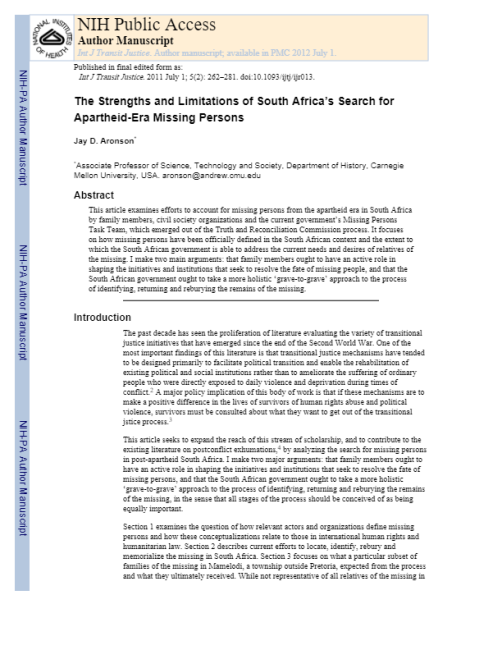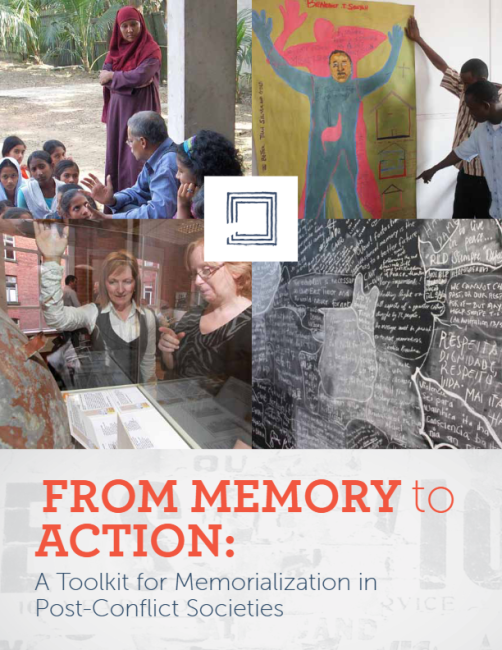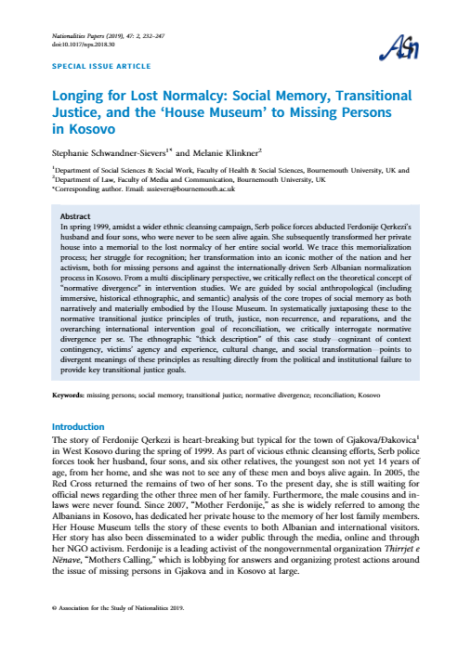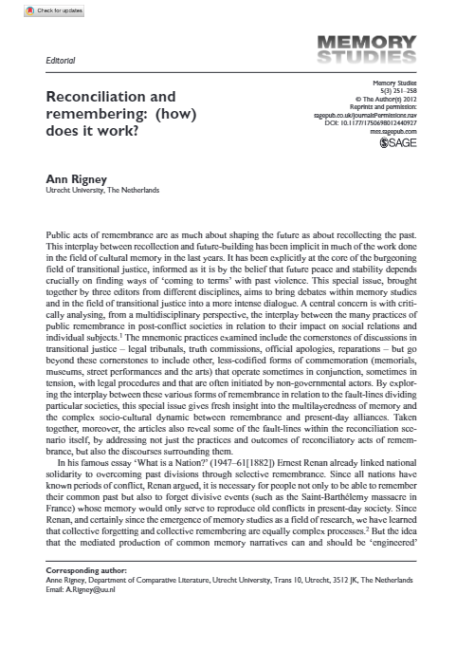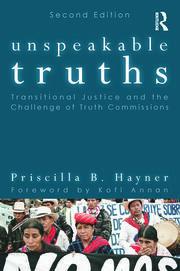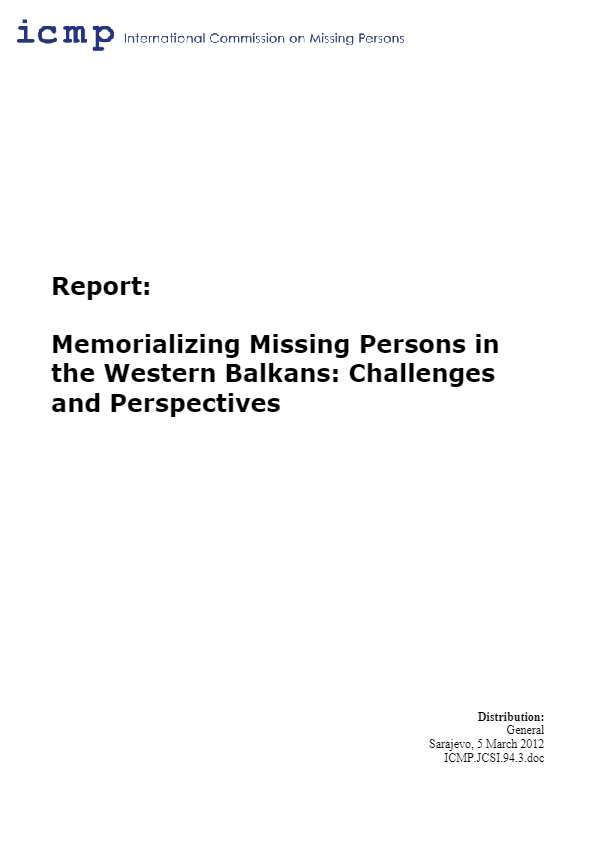
Memorializing Missing Persons in the Western Balkans: Challenges and Perspectives
The armed conflicts in the former Yugoslavia in the 1990s were characterized by mass atrocity and egregious systemic violations of human rights. Following the cessation of conflicts in the former Yugoslavia, there were 40,000 persons missing and presumed dead.
Alongside its technical assistance to establish the identity of missing persons, ICMP is facilitating a consultation process with associations of families of missing persons from the countries concerned to explore perspectives for the development of universal memorials that will pay tribute to all missing persons irrespective of national, ethnic or religious origin.
Having identified objectives and principles of memorialization and having heard at least three proposals that share a common approach to commemorating victims jointly at the two international conferences, ICMP later facilitated a series of mono-ethnic low-key consultations with associations of families of missing persons and representatives of civil society organizations in order to test the extent to which the objectives, principles and proposals have purchase among Bosniak, Bosnian Croat, Bosnian Serb, Croatian and Serbian target groups when consulted individually, and to explore the extent to which the objectives, principles and proposals might be further developed.
This report seeks to highlight the principle conclusions to emerge from these low-key consultations on memorialization and to analyze the perspectives and challenges in developing a universal memorial to all missing persons in a post-conflict setting, such as the Western Balkans.


